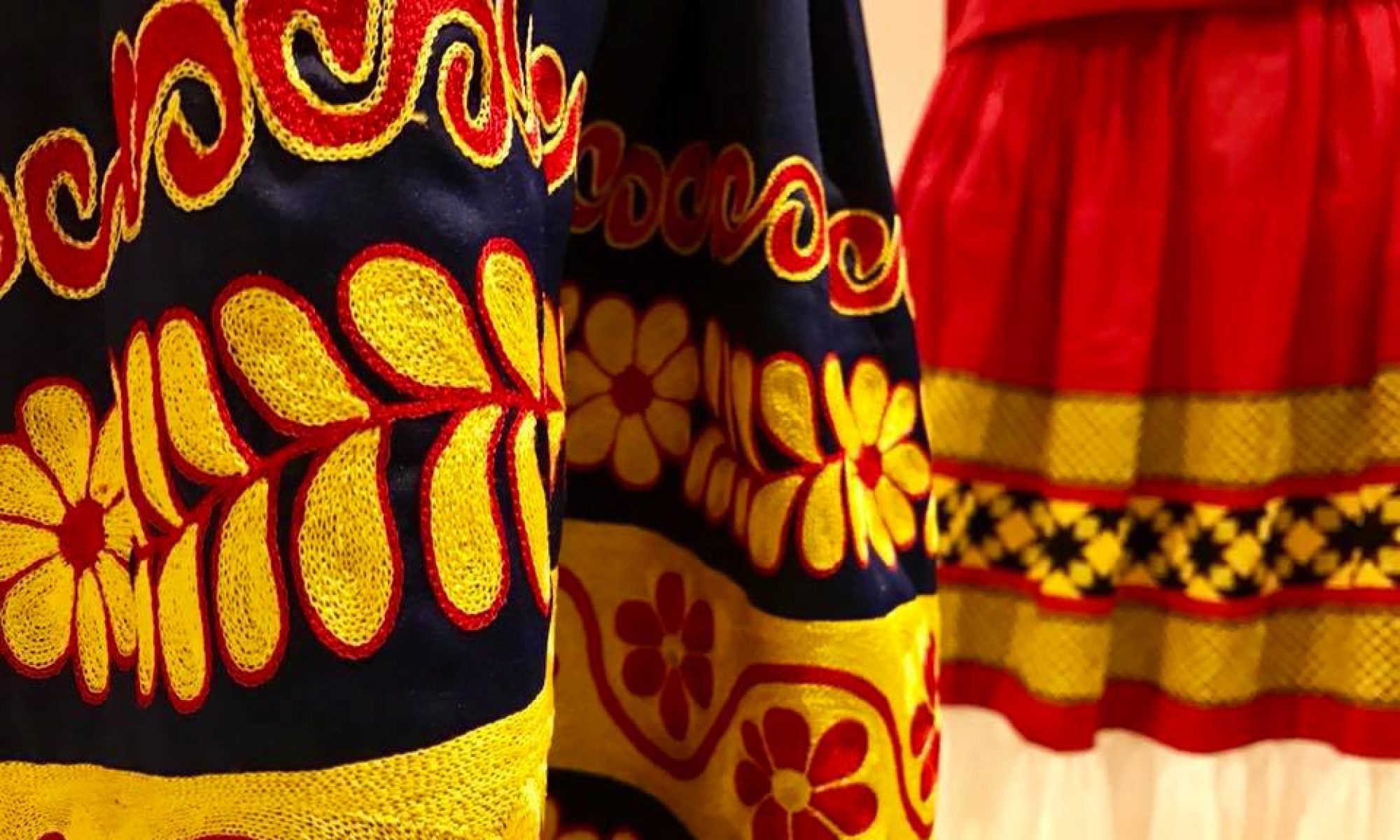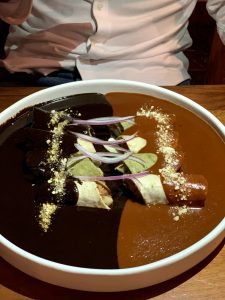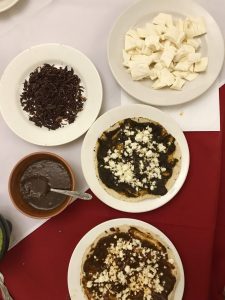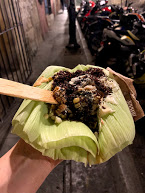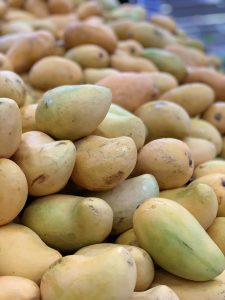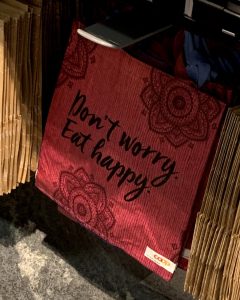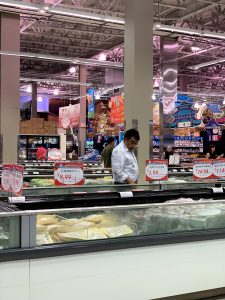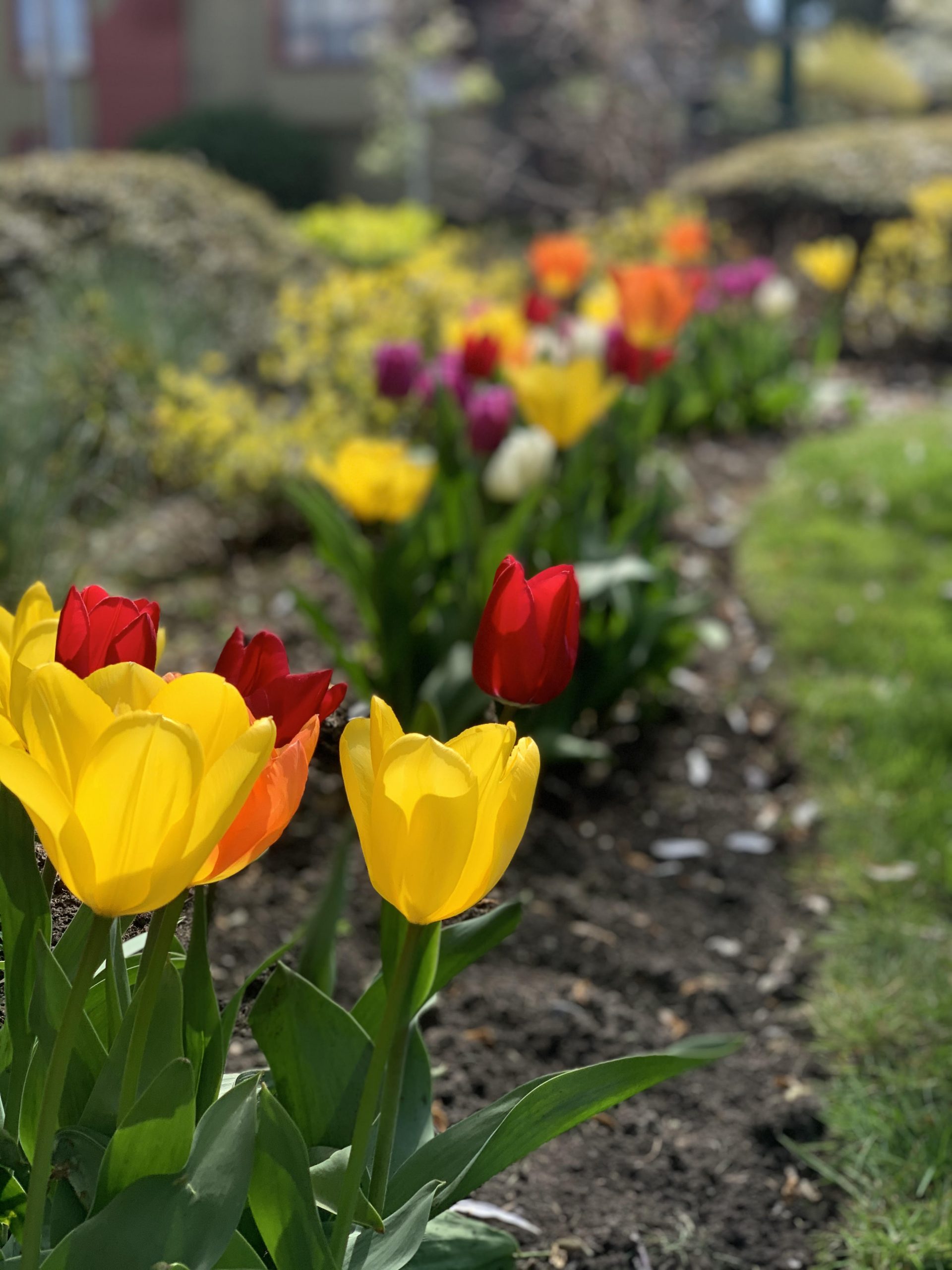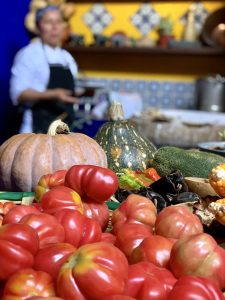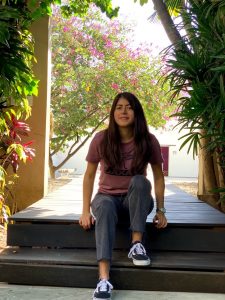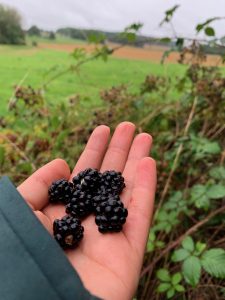I would like to reflect on Cosmology. As an overthinker, I like questioning my purpose and existence. For that reason, I was surprised to learn what cosmology meant. “Cosmology is the union of all of these sciences, focused on understanding how the universe came to be, how it has evolved, and how it will continue to change in the future.” The analysis of how cosmology varies between Latin America and the West was eye-opening. Realizing that indigenous look at the universe from nature and spiritual perspective, while western societies tend to focus more on calculable science, made me reflect on my own life experiences.
My mom believes in energy. When we were little, she would use indigenous (Zapotec and Chatina) traditions (p.8) that she learned from my grandma to take away the “mal de ojo” (bad energies). She would do it by passing an egg over us and then breaking the egg on a glass of water. She has done it since we were babies. However, it was never a problem for me until I started growing up. I started getting very critical and skeptical about all of her methods. Honestly, it didn’t make sense to believe that passing an egg around someone’s body would have any real effect. I started to even get ashamed that my mom believed that, and I tried really hard to convince her that there was no way that her traditions worked.
This class made me rethink my own ideas and be more open to other ways of seeing life. Learning how western knowledge has been imposed and how indigenous knowledge is not always recognized made me do more research on the topic. I now feel ashamed of feeling ashamed about my mom’s traditions.
